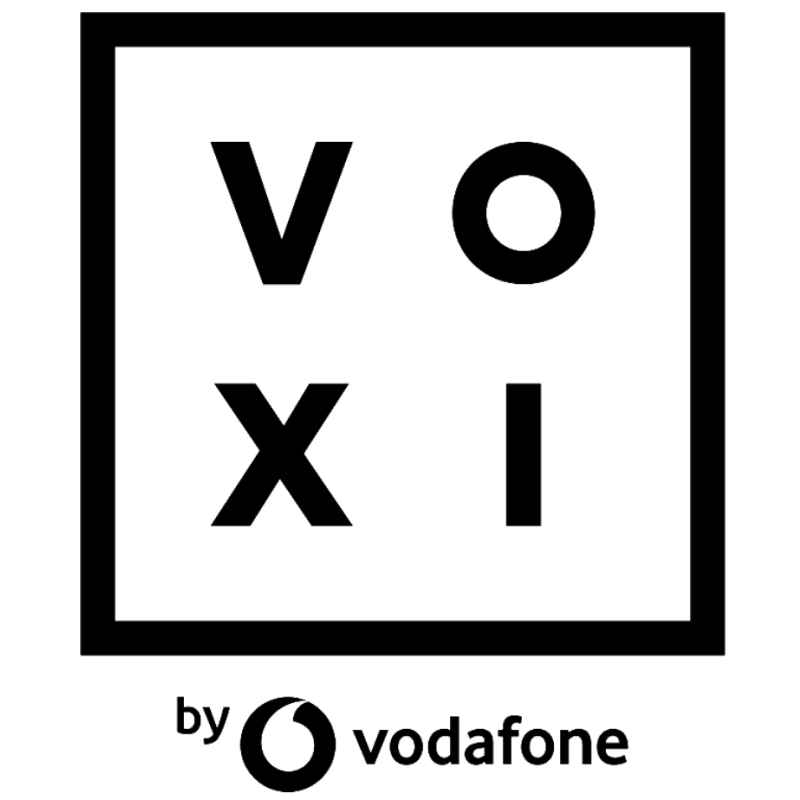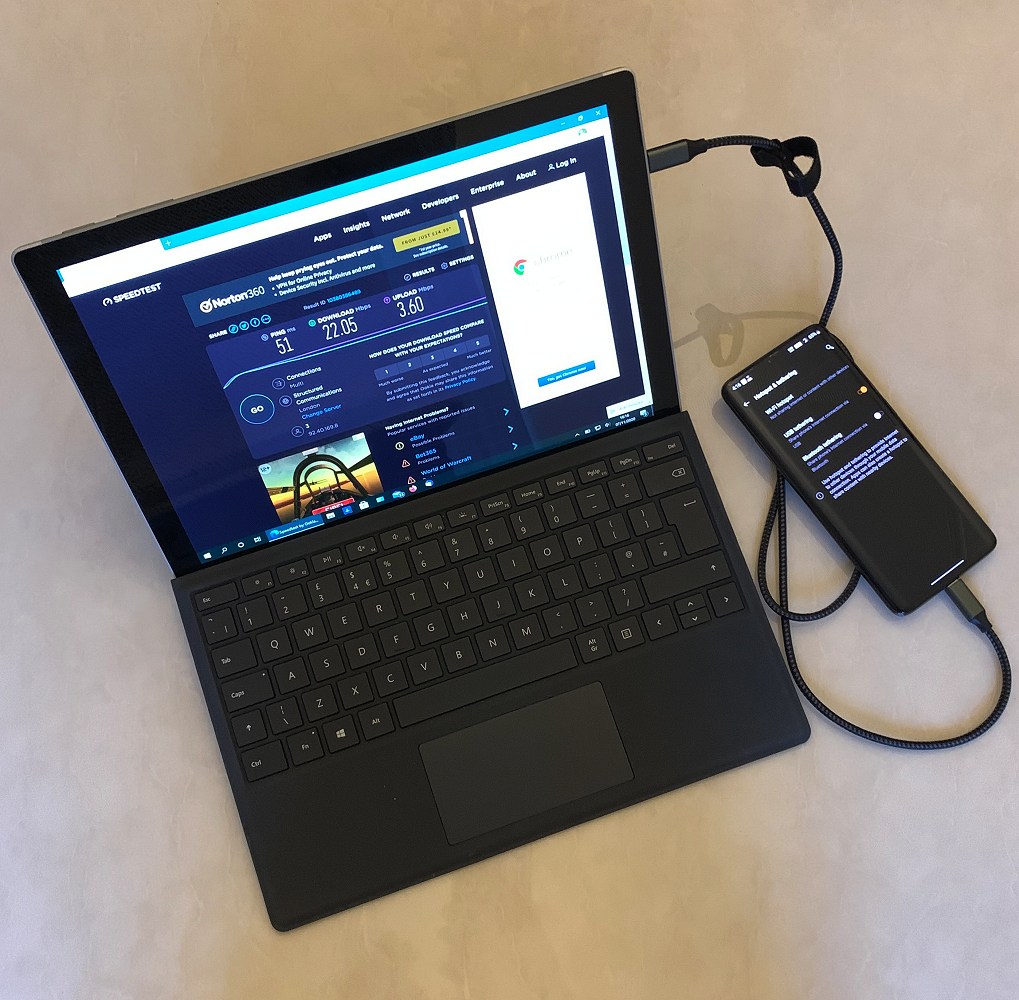Adverts Watchdog Tackles UK Mid-Contract Telecoms Price Hikes

The Committees of Advertising Practice (CAP and BCAP) – sister body to the Advertising Standards Authority (ASA) – has launched a consultation on new guidance that would require information about mid-contract prices hikes to be more prominently stated in ads by broadband ISPs and mobile operators to “avoid misleading consumers“.
In an ideal world, all contracts would adopt fixed pricing (i.e. no change to the price you pay until after the contract has ended), but as we all know – many broadband and mobile providers don’t follow that ideal and will increase your prices mid-term, often significantly.
Some providers (e.g. Sky Broadband and Virgin Media) approach this by doing a fairly static price increase each year, which can sometimes trigger Ofcom’s rule on mid-contract hikes and enable you to exit your contract penalty free. In this case, you won’t know what the increase will be or when it might occur until they announce it.
However, many other providers (e.g. BT, EE, TalkTalk) write a policy into their contract terms that enables them to increase their prices each year by around 3-4% + CPI or RPI (inflation), which is more transparent but makes it harder to exit your contract without paying early termination charges. In addition, the X% + CPI model is currently leading to huge hikes (example).
Nevertheless, whatever the approach taken; the end result is still the same – you end up paying more than what was originally promoted when you signed-up to the package (assuming you’re still within your contract term). On top of that, not everybody reads the small print and some telecoms providers are better at highlighting such policies than others.
The New Guidance
The good news is that the advertising watchdog is finally starting to take notice of this and are now consulting on new guidance. The CAP and BCAP have set out a number of principles that they consider are likely to cause an ad to be “more likely to comply with the Codes and less likely to mislead consumers” in its presentation of information about mid-contract price increases. These are summarised below:
Key Principles of the Proposed Guidance
• Information indicating the presence or possibility of a price rise is immediately adjacent to the initial price claim.
• The nature of the price rise is featured prominently within the main copy of the ad, where relevant.
• Descriptions of future price rises and terminology used are clear and simple to understand.
• Advertisers take care to distinguish the full contractual price that applies before the tiered increase from any other introductory discounts that may apply.
• Advertisers are mindful of the timing of publication relative to the publication of rates of inflation linked to annual price increases.
The ASA has previously ruled that where the price of the contract may or will increase during the minimum term, advertisers must make consumers aware of this information in a prominent manner. The ASA Council confirmed that it was likely to consider an ad misleading if the presence or possibility of a price increase was not immediately adjacent to the initial price claim.
However, the watchdog is concerned that their existing approach doesn’t fully address the complex range of factors that need to be considered in the presentation of information on mid-contract prices rises, as well as the fact that their existing guidance is “ambiguously worded in places and does not clearly align with the position taken in previous ASA rulings.”
In addition, they’re conscious that the rise in inflation means that certain hikes will have an even greater impact on consumers, which overall makes it important to refine their approach. The ASA said they’ve received complaints in the past from consumers who saw a monthly price for a tiered telecoms contract advertised shortly before the annual price increase in April, meaning that the initial price only applied for a month or two.
Extract from the Consultation
Overall, products in the sector have a potential to be complex and require consumers to engage with multiple different discrete pieces of information in order to determine what their monthly cost will be. Advertisers should ensure that all material information relating to the cost of a package is made sufficiently clear to consumers in marketing communications. Therefore, CAP and BCAP are mindful that guidance on this topic should not have the inadvertent effect of causing other material information to be less prominent.
CAP and BCAP consider that placing information on the presence or possibility of a mid- contract price increase directly adjacent to the initial price, would not give it undue prominence compared to other information. Monthly cost is likely to be one of the key considerations for consumers when choosing a telecoms package, and so it is reasonable to consider that the fact that price will or may not remain the same throughout the contract should be as up-front as possible, to enable consumers to make properly-informed decisions between packages.
There are a variety of succinct ways that could be achieved, for example (but not limited to):
• Starting at £X
• £X (2022-2023)
• £X until April 2023
The new consultation is something that full fibre ISP Hyperoptic is known to have been lobbying hard for, thus they’re particularly pleased with today’s news. The provider’s Policy Director, James Fredrickson, said: “Mid-contract price rises are unfair, and our research shows that 60% of people don’t know they’re going to be hit by an increase. This needs to change. It’s not right that people are drawn in by misleading advertising, and then hit by a price rise every year – with no chance to switch … Big providers need to stop hiding behind CPI or RPI, and start showing the real pounds and pence impact of these price hikes.”
The consultation itself is expected to run until 5pm on 17th November 2022 and after that the watchdog will need some time to assess the feedback before publishing their final approach. As ever, ads are assessed by the ASA on a case–by–case basis, taking into account factors including the likely audience, medium and context in which the ad appears. As a result, it may take a bit of time before we start seeing some rulings based on the revised guidance, assuming some ISPs fail to adapt.
The catch is that by the time the ASA rules on a particular advert, then the related promotion has often already run its course, although over time we have seen the watchdog have a profound impact on how service packages and prices are presented to consumers (e.g. they helped to limit abuse of “unlimited” terminology and to give consumers clearer pricing for bundled broadband and phone packages).
In theory, it’s also possible that some providers with more complex approaches to mid-contract hikes might end up finding it easier to adopt a simple fixed-price plan than to deal with the new guidance, which would also be a positive outcome.
Mark is a professional technology writer, IT consultant and computer engineer from Dorset (England), he also founded ISPreview in 1999 and enjoys analysing the latest telecoms and broadband developments. Find me on X (Twitter), Mastodon, Facebook and Linkedin.
« DCF Report Warns Investment Gap May Limit UK 5G Rollout
Vorboss Unveil New London-wide Fibre Network for Businesses »
Latest UK ISP News
- FTTP (5669)
- BT (3552)
- Politics (2585)
- Openreach (2334)
- Business (2311)
- Building Digital UK (2265)
- FTTC (2056)
- Mobile Broadband (2022)
- Statistics (1818)
- 4G (1709)
- Virgin Media (1659)
- Ofcom Regulation (1488)
- Fibre Optic (1419)
- Wireless Internet (1412)
- FTTH (1382)























































The whole practice should be prohibited.
If you enter in to a contract, the price agreed should be fixed. The risk is on the supplier to manage. Their derisking using this method, with what are actually excessive rates, is exploitation.
I have a lease car and the rate is agreed for the term. The finance company owning the car is taking a punt on the 2nd hand resale market later. If it works out or not doesn’t affect me within my agreed contract.
Why does Comms market, including TV, think it can be different?
My biggest gripe with the in contract prise rise is that they then continue to sell the exact same package to a new customer at the old price.
Scummy BT has hiked my contract by a huge amount the month after forcing me to sign a 2 year contract. I’m pretty much paying 40 quid for a 100dl 20ul (on non peak hours) when I could be getting 1gig from an altnet. Unfortunately there is no one else providing fibre to my new build flat because the developer didn’t want hassle.
If you sign a contract with an agreed price it should be illegal to put in the contract “oh by the way we can increase your contract as we wish because firetruck you”
Agreed, Brian.
John, I would complain to BT that you were missold, because the price rise wasn’t sufficiently prominent. It’s an unfair commercial practice for the headline price to be deceptive. And I’d bet the advertising (which includes their website) fails this new guidance.
Escalate to the Ombudsman, or small claims court, if they refuse to be reasonable.
@lain I dropped them a 2* review on trustpilot and the customer service just replied that the price increase was on the page and on the contract, implying that not only was I in the wrong for not reading it, but also that they are morally superior
Once I get either Hyperoptic or Community Fibre in my building I will look up if I can somehow use this to escape the 2 year contract
I totally agree. All this “every march price hike linked to CPR” crap needs to stop too. The agreed price should be that for the entire term of the contract.
Brian Storey hits the mail on the head. Well done.
About bloody time. None of the previous advertising is compliant with the new guidance. Telecoms companies have gotten away with daylight robbery in their advertising, compared to say mortgage companies.
For multiple year contracts, they should have to give an indication from (e.g.) April 2024 as well.